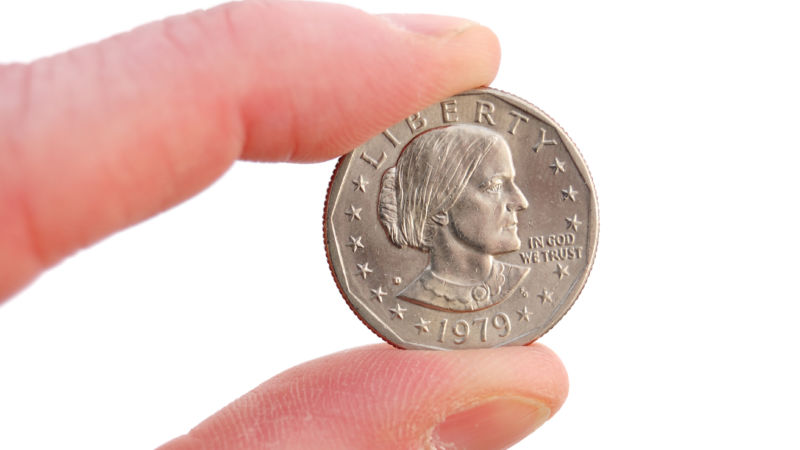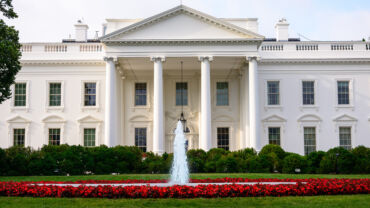On June 18, 1873, the trial of Susan B. Anthony for casting her famous vote in the 1872 presidential election came to a dramatic conclusion — though not in the manner she had hoped.
Anthony argued that women were guaranteed the right to vote by the newly ratified Fourteenth Amendment, which said that “all persons born and naturalized in the United States…are citizens of the United States,” and as such cannot be denied the “privileges and immunities” of citizenship — including the privilege of voting.
Presiding over the case was Circuit Justice Ward Hunt, who had apparently decided the case before the trial even began. After the attorneys on both sides were finished speaking, the judge read from a piece of paper he pulled from his pocket, “The Fourteenth Amendment gives no right to a woman to vote, and the voting by Miss Anthony was in violation of the law.” After reciting the rest of his comments, he directed the jury to deliver a guilty verdict — a move that outraged Anthony, her attorney, and even some jury members.
On the day of her sentencing, Anthony was asked by Hunt whether she had anything to say.
“Yes, your honor, I have many things to say; for in your ordered verdict of guilty, you have trampled underfoot every vital principle of our government,” Anthony said. “My natural rights, my civil rights, my political rights, my judicial rights, are all alike ignored. Robbed of the fundamental privilege of citizenship, I am degraded from the status of a citizen to that of a subject; and not only myself individually, but all of my sex, are, by your honor’s verdict, doomed to political subjection under this, so-called, form of government.”
Anthony was fined $100, but the judge told her that she would not be committed until the fine was paid, which effectively took away any grounds for an appeal. (Anthony never paid the fine.)
Some of Anthony’s critics insisted that her conviction reduced her to a common criminal — but in the end, her trial underscored the point that, as one newspaper put it, “She has voted, and the American Constitution has survived the shock.”
Westlaw users: Read Justice Hunt’s ruling in U.S. v. Anthony (24 Fed.Cas. 829) on Westlaw (sign-in required).
For a much more colorful and complete account of the Susan B. Anthony trial and other famous trials from Socrates to Zacarias Moussauoi, see the excellent Famous Trials website, created and maintained by Professor Douglas O. Linder of the University of Missouri-Kansas City (UMKC) School of Law.









